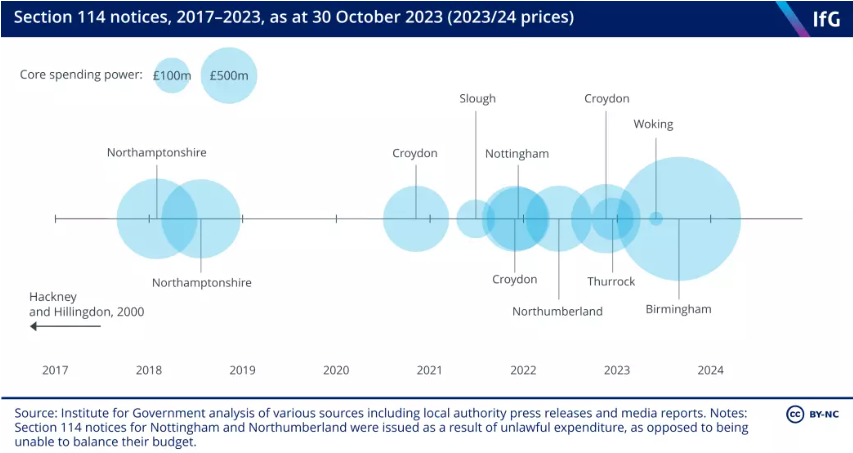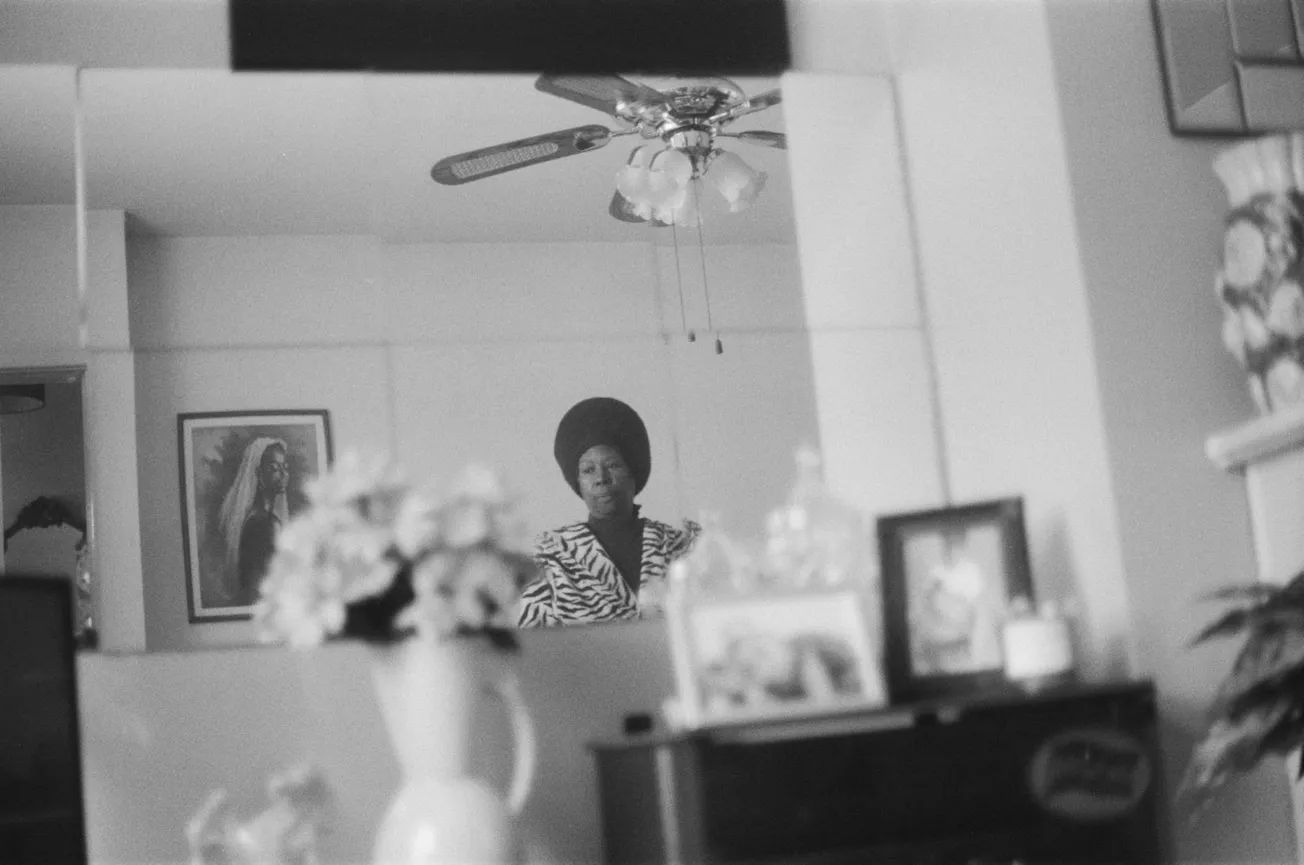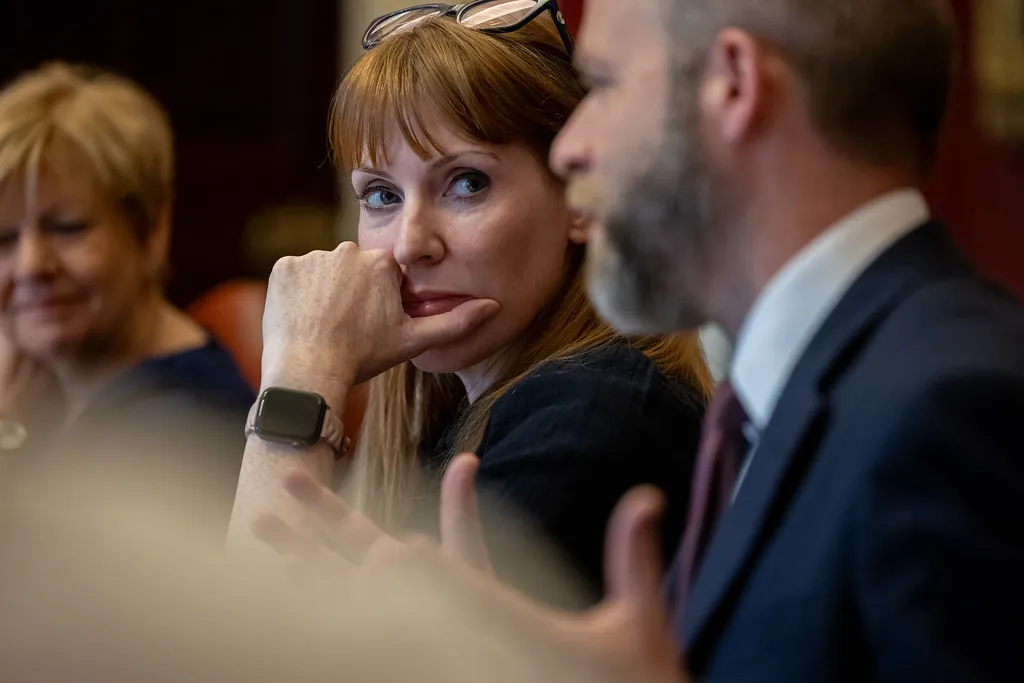Good evening readers and welcome to your second Monday briefing from The Dispatch. We’re normally morning people, arriving in your inboxes at 7am. But on Mondays, we spend all day filling up this bumper edition of news, recommendations, photos and lots of other bits. We hope it’s worth the wait…
Our Big Story today focuses on the scathing assessment of Birmingham City Council’s financial crisis, made by government commissioner Max Caller this weekend. On top of that, we’ve got an update on the campaign to save the Smallbrook Ringway Centre and news of a New Statesman article that features us!
There are now 3,165 of you on the mailing list, up from 2,702 on Friday. Thanks so much to everyone who has been sharing us and recommending our work to friends and family — it’s clearly doing the trick. We never expected to pass 3,000 signups this month and we’ve done it before the middle of November. We’re going to interpret that as a very positive sign about the appetite for high-quality journalism in these parts. Please use the button below to help us grow further…
We also have 33 pledges from readers who want to support us by paying £8 a month when we launch paid subscriptions early next month — in return for which they will become some of our first members, getting extra members-only stories every week. Pledging to pay for quality local news is a real vote of confidence in the future of our publication, a model which the New Statesman has said is cause for hope in an otherwise depleted media landscape. Pledge using that button below.
Our Saturday read by Daniel Timms took a deep dive into car culture in Birmingham and how it has impacted the economy. We had some fantastic comments in response to the piece, including John Munro who said it was “good to see The Dispatch off to such a strong start with this informative article”. Paul Cole also said we were “impressive” and Twitter/X user Tram, Train and Buscapades said we were “excellent”. The story was also the most engaged post on the Brum Reddit forum this weekend. Thank you!
The biggest help you can give us if you liked the article is to share it with a few friends or in your favourite local Facebook group. That drives more people to our site and onto our list. You can retweet our share on Twitter/X or share our Facebook post.

This week’s weather 🌤️
🌤️ Tuesday: Cloudy with bright spells and scattered showers. Max 13C.
☀️ Wednesday: Sunny, dry and breezey. Max 11C.
🌦️ Thursday: Bright and dry with clouds in the afternoon and potential showers. Max 10C.
🍃 Friday: Breezy with low clouds and bright, sunny skies until the evening. Max 10C.
☔ Weekend: Light rain and a moderate breeze both days. Max 15C.
We get our weather from the BBC. If you know a local weather forecast service you think we should use instead, please let us know.
The big story: who is to blame for Birmingham City Council’s financial crisis?
Top line: Max Caller, the lead commissioner appointed by the government to fix Birmingham City Council’s financial crisis, has squarely blamed councillors for the mess. The comments came in an interview with the Guardian, in which Caller was pretty scathing.
Blame game: While many local authorities are struggling to meet their bills due to high energy costs, high inflation, and slashed funding, he said the huge cost of equal pay claims and of fixing the Oracle IT system in Birmingham were “self-inflicted”.
Equal pay mess: News of the council’s money troubles broke in late June when it was revealed at least £650 million was owed to workers making equal pay claims. The Oracle IT system was implemented last year to streamline payments, data management, and background checks, but the project has gone badly wrong. The council revealed last week that it needs to find savings of £200m over the next two financial years to resolve the whole situation.

Brum on blast: Caller’s comments to the Guardian are strikingly direct. Regarding the equal pay claims, he told the Guardian: “They should never have done this. They ignored the warning signs, crashed on regardless and they have created themselves a controlled disaster.”
On Oracle, he painted a picture of complete chaos: “They don’t know who’s paid their council tax and their business rates entirely,” Caller says. He expects they will have to start again by removing the system and re-applying it, which is a lengthy job.
Zoom out: Birmingham isn’t alone in its financial woes—something local Labour figures are keen to emphasise. Research by the Institute for Local Government (ILG) shows that since the 1988 Local Government Finance Act introduced Section 114 notices, 13 have been issued — 11 of which have occurred since 2018.
“There is no correlation between the party that has political control of an authority and the likelihood of issuing a section 114 notice,” they said.
The context the ILG gives for these crises is the sharp funding cuts imposed by central government between 2009-10 and 2021-22, a fall of 10.2% in real terms. Demand for local services has also risen substantially, especially for adult and children’s social care, as has the cost of providing services due to high inflation.

Spending power: University of Birmingham researchers have found that the “spending power of Birmingham City Council decreased by 36.3% between 2010-11 and 2019-20 in real terms in 2019-20 prices. Per capita, this represents a 40.8% decline in spending power”.
Bottom line: The circumstances that led to Birmingham’s financial crisis will be debated for years to come, and Caller’s perspective won’t be the final say on the matter. We hear there are senior council officers who are very unhappy with how certain leading Labour councillors have run the show, whereas key Labour figures think they are being thrown under the bus by the commissioners. Want to talk to us for our upcoming long read on this topic? Get in touch.
Photo of the week

Brum in Brief
The campaign to save the Smallbrook Ringway Centre has stepped up a gear, despite recent news that a council planning committee had voted to demolish and rebuild a new structure in its place. The Save Smallbrook group has hired “top climate and heritage” barrister Estelle Dehon KC to act on its behalf and plans to crowdfund to develop the campaign. Supporters want the building to be repurposed to avoid the carbon-guzzling rebuild and have developed an alternative plan which would provide 450 new homes. Objections to the campaign posted online include comments that it “looks awful” and “needs to go”. Mary Keating, author of Brutiful Birmingham, said: “It would be an act of vandalism to destroy this part of Birmingham’s heritage.”
Police are investigating after a man who was sleeping in a Birmingham underpass was set on fire, causing potentially life-changing injuries to his face and hands. The attack occurred last Tuesday when his bedding was set alight and piled on top of him, the BBC reports. West Midlands Police want to speak with a man who was seen on CCTV riding an e-scooter nearby at the time. He is described as 5ft 5in, and wearing a white vest, white hoody, black gloves, grey jogging bottoms, black shoes and wearing chains.
Wayne Rooney faces yet more criticism after Birmingham City lost their fifth game since he took over as manager. The Daily Mail described the team as “going backwards” following the defeat by Sunderland. But team captain Dion Sunderland is sticking by the Manchester United legend: “‘The change in style will eventually pay off, 100 per cent,’ Sanderson insisted after his own-goal, sandwiched between close-range strikes for ex-Blues midfielder Jobe Bellingham and substitute Adil Aouchiche, sealed the win for Sunderland.”
The Save Birmingham campaign met with City Council leader John Cotton today in to discuss how the council can work with residents to protect community spaces. We wrote about Save Birmingham’s involvement in the council last Wednesday. Interestingly, in his interview with the Guardian, Caller said the asset firesale was unlikely to include heritage assets like the Council House or city museum and art gallery. “The council owns so much stuff it doesn’t know what to do with that there’s plenty of things to sell before we would even get close to thinking about it,” he said.
Our media picks
📼 We enjoyed a trip into the BBC archives for a look at this 1971 film about “The Man who modernised Birmingham” from 1971. It tells the story of former Birmingham Lord Mayor Sir Frank Price, who grew up in Hockley’s impoverished back-to-backs. The experience set him on a mission as an adult to modernise the inner city in an attempt to improve conditions for working-class people who lived there. “We lived in this area which was terribly, terribly overcrowded, in bloody awful conditions but people were expected to live a full life,” he recalls in the film.
🗞️ The New Statesman has published a feature on the death of local news but we were pleased to see our fledgling paper was cited as the cause of some hope. The piece identifies the model used by The Dispatch and our sister newsletters in Manchester, Sheffield, and Liverpool as a reliable alternative to ad-driven news sources owned by huge conglomerates. Will Dunn writes that it will only become more important as artificial intelligence further changes the media landscape: “In a future of junk news, real local journalism may yet tell its own story.”
📣 Ranji Sondhit has written for the Birmingham Race Impact Group (BRIG) on how the Gaza war has inflamed anti-semitism and Islamaphobia across Britain and the world. He criticises reductive media coverage and writes: “Jewish and Muslim communities feel threatened and in need of extra protection for their institutions. And here again we see the same pattern, where collective blame is placed on Jews for the actions of the Israeli government, or Muslims for the actions of Hamas”.
Home of the week

This modern two-bedroom, semi-detached house in Rubery is available for £220,000.
Things to do
📷 Marley Starskey-Butler is a multi-disciplinary artist who was raised in Wolves and lives in Birmingham. His first solo exhibition reflects on his lived experience of social care and his professional career as a social worker. It’s on at the Midlands Arts Centre (MAC) until Sunday 28 January, with a live discussion in MAC’s Hexagon Theatre on Thursday 18 January. Starskey-Butler told The Dispatch: “The works and themes in the show are deeply personal yet universal at the same time Audiences can use my work to reflect on and think about their own lives and relationships. I feel deeply passionate about the role of art in lifelong healing, resilience, empowerment, and in making meaning of a person's life story and continued growth.”

📖 A brand new, regular literary event will be launched this Thursday, courtesy of indie bookshop Voce co-owner Clive Judd and Birmingham writer Taylor Burns. The evening will feature prose from three writers including Cypriot Turkish-British writer Peri Cimen; writer, theatremaker and actress Katherine Newman; and poet Bradley Taylor. The evening will take place at Kilder in Digbeth from 7pm. Tickets are free and you can sign up here
🪩 “Cosmic dance party” Energy Flow returns following a summer break for its sixth event on Saturday. Inspired by legendary dancefloors from the 1970s such as David Mancuso's Loft, The Gallery and the Paradise Garage, you can expect psychedelic grooves from guest and resident DJs. Tickets are pay-what-you-can with a suggested donation of £7 on the door of Digbeth’s Pan Pan. The venue is wheelchair accessible and there is a code of conduct. On 9pm-3am.
🎞️ A screening of the five-part film LEGACY, which documents Birmingham’s Grime, Hip-Hop, and Rap scenes will take place on Wednesday at 6pm at Millenium Point. “The themes explored include the history of the Birmingham Black music scene, the evolution of radio and other platforms, the producers who influenced the UK sound, famous clashes which caused viral moments and key highlights and cultural moments that made 0121.” Tickets cost £10 and the dress code is smart.
This week’s cover photo is Access Subject 1/22 by Marley Starskey-Butler.









Comments